This is part 3 of a 4 (or 5?) part series detailing why we want to retire by 40, as well as how to retire by 40. You can read Part 1 here, but basically I’m giving you all the dirty details from what got us into our bad financial situation, what exactly that situation is, which debt we’re paying off first (this post) as well as how we’re going to leverage savings, investing, and even to a rental property to ultimately achieve financial independence and Retire by 40!
Pros and cons of which debt to pay off first
Last time, we looked at our current debts and interest rates. If you didn’t read that article, you can read it here, I’m not going to rehash it. Now, I’m going (try) and figure out which debt to pay off first.
If I pay them off in this order:
- Personal Loan
- Student Loan #4
- Student Loan #3
- Student Loan #2
- Student Loan #1
- Auto Loans
- Interest-Free Best Buy
I will pay a total of $9,268.67 in interest. This save me $580.86 in interest over 3 years, but by paying off the auto loans last, I will be paying an (estimated) extra $640.00 every year in auto insurance. This is because of the extra insurance we are required to carry because of the loans on the vehicles.
Another important thing to note is that paying off the debt this way not only saves more interest, than the option below, it gives emotional and psychological motivation. Once the personal loan is paid off it will only take us 3 months to pay off the first student loans (Student Loan #4 with the highest interest) and each subsequent loan will take about the same time or less. Then, when the auto loans roll around will will have a larger amount of money to throw at them and they will only take 22 months to pay off. Over the course of 2 years, this adds up to $10,548.67 in costs associated with our debt.
Total Cost for Option 1: $10,548.67
Or, I could pay them off in this order:
- Personal Loan
- Auto Loans
- Student Loan #4
- Student Loans #3
- Student Loan #2
- Student Loan #1
- Interest-Free Best Buy
If I do it this way, than I will pay a total of $9,829.53 in interest. However, I will save myself $640.00 (one year of car insurance) in insurance costs. So, total cost for this option will be $10,469.53.
Total Cost for Option 2: $10,469.53
With this method, it will take us 27 months to pay off our auto loans. That is a really long time :-( But, there are more advantages to this method than first meets the eye. With less monthly obligations sooner – since we are paying down individual debts sooner – less money is tied up in obligations if we get ourselves in a bind. Also, this saves us $79.14 over option 1. But, paying them off in this order does not give us the psychological satisfaction of knocking down debts quickly. Is the $79.14 in savings really worth it?
*All of these calculations factor in snowballing the mortgage last, even though I won’t be doing that. But, since in every scenario the mortgage is last, the interest amount does not vary.
*Also, I really expect to receive a raise at some point within the next three years, and when the kiddo goes to school the Big Guy will probably get a part-time job. My calculations for debt payoff amounts don’t factor that in, either.
Or maybe we shouldn’t concentrate on paying it all off
There is another factor we haven’t yet considered that leads me to believe that maybe we shouldn’t pay it ALL off: We want to purchase the family farm. Read the post if you haven’t, but suffice to say it would be a big financial commitment. Plus, we need to start saving for retirement at some point, right? What if we did this:
- Pay off the Personal Loan,
- Auto Loan,
- and the two student loans at the higher interest rates.
That would free up $1,420 per month in our budget to be invested for retirement or saved for the farm.
We would also be paid off sooner – as in just over 2 years.
Why would we do this? Because we’re (almost) guaranteed a higher rate of return investing that money than paying off debt that is at a lower interest rate. In some sense, paying off those lower-interest debts would actually COST us money. Let’s take a look:
Paying off $13,236.04 will save us $1,997.58 in interest.
However, investing $13,236.04 instead will earn us $3,6991!
Bear in mind, this is at a 7% rate of return and over the course of 2 years, but see how that works?
There are a few more things to keep in mind with this, though. Buying the farm will be a significant financial investment, therefore we will really have to watch how much debt we have in total when compared with our income, because that is what the bank will look at when determining if we can even get financing for the farm. Not to mention, there are tons of expenses on a piece of property as large as the farm, so we really have to be prepared between keeping our monthly expenses low and having pretty hefty savings for those things that will eventually pop up.
What do you think? Which debt should we pay off first? Should we actually pay it all off?
*This post may contain affiliate links
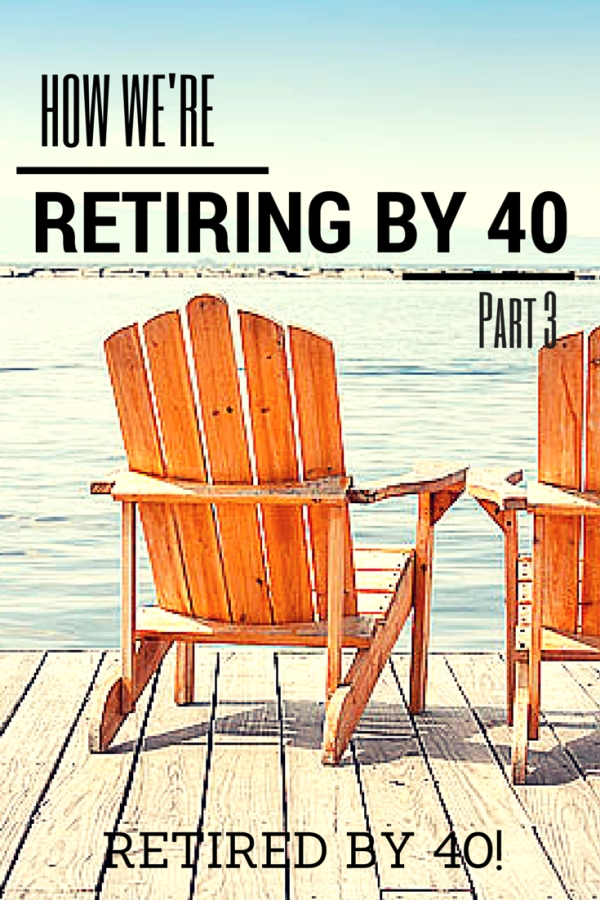


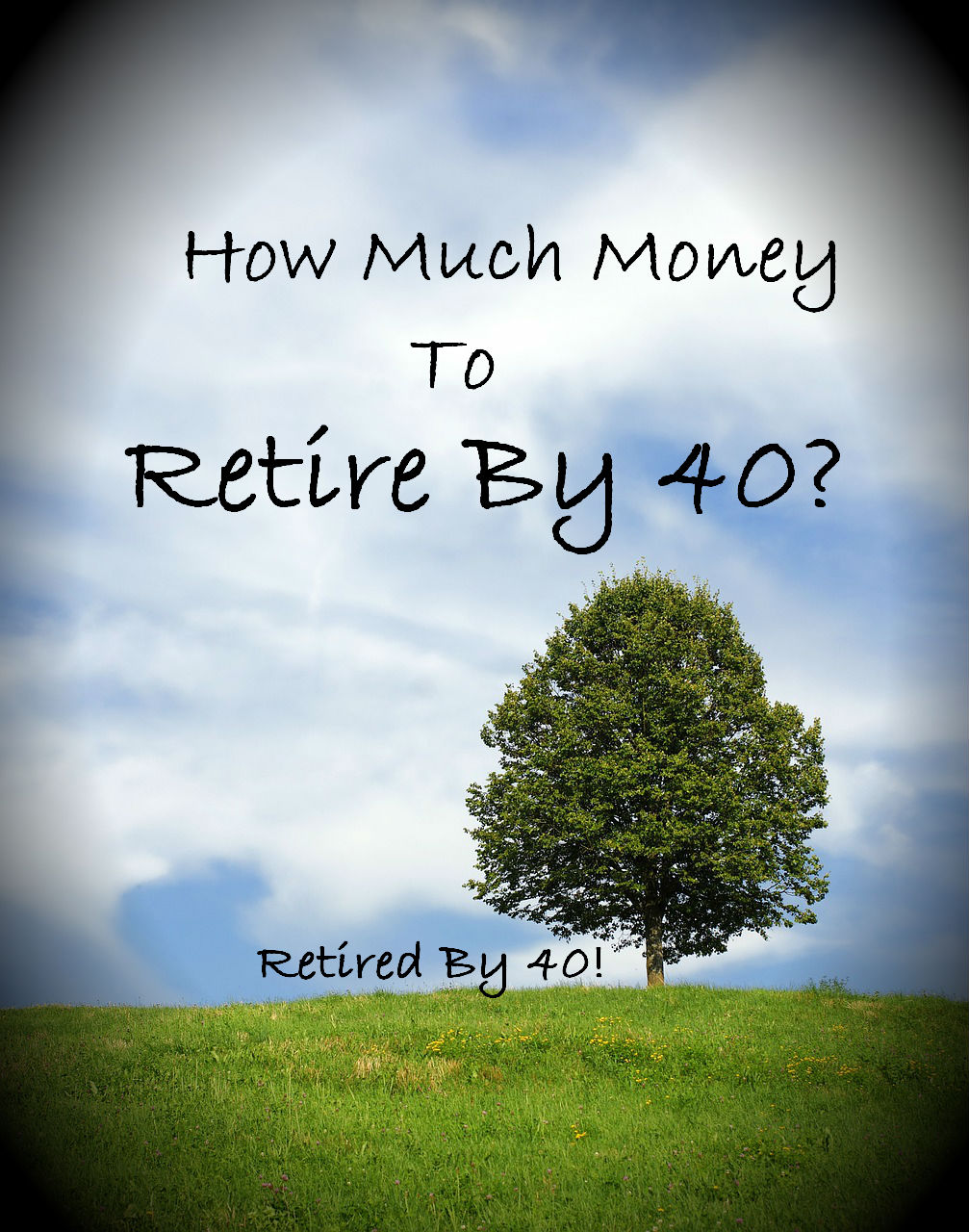

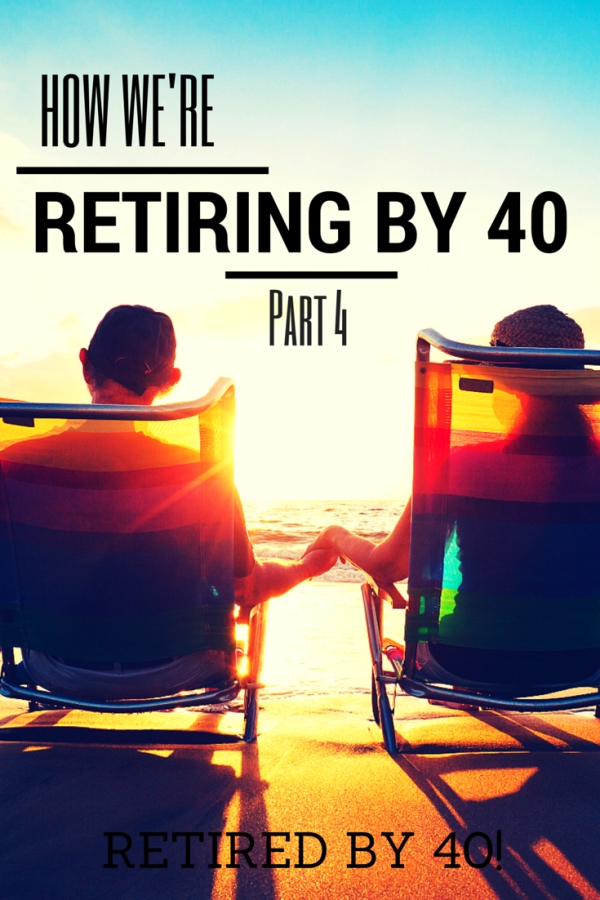
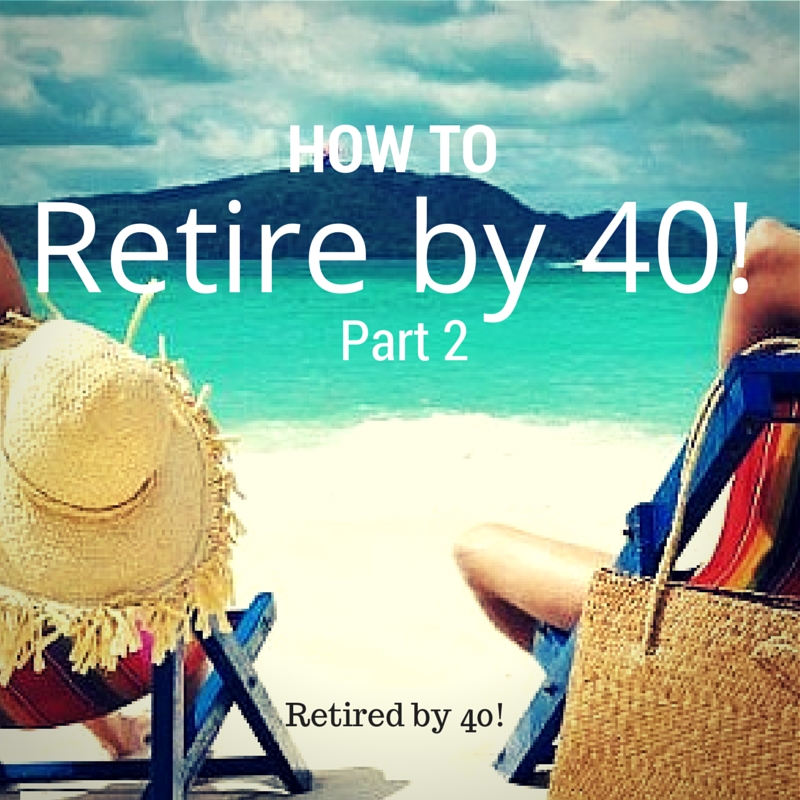
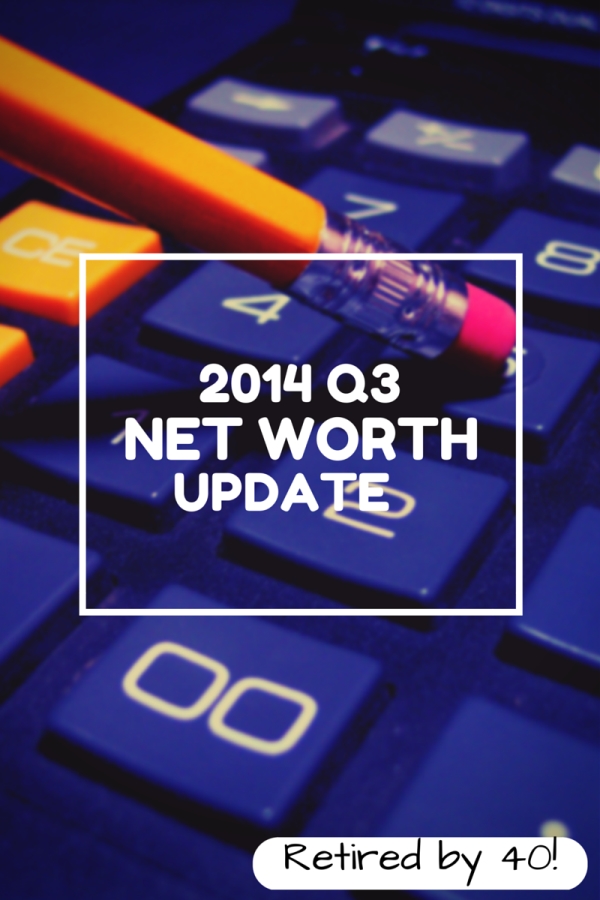
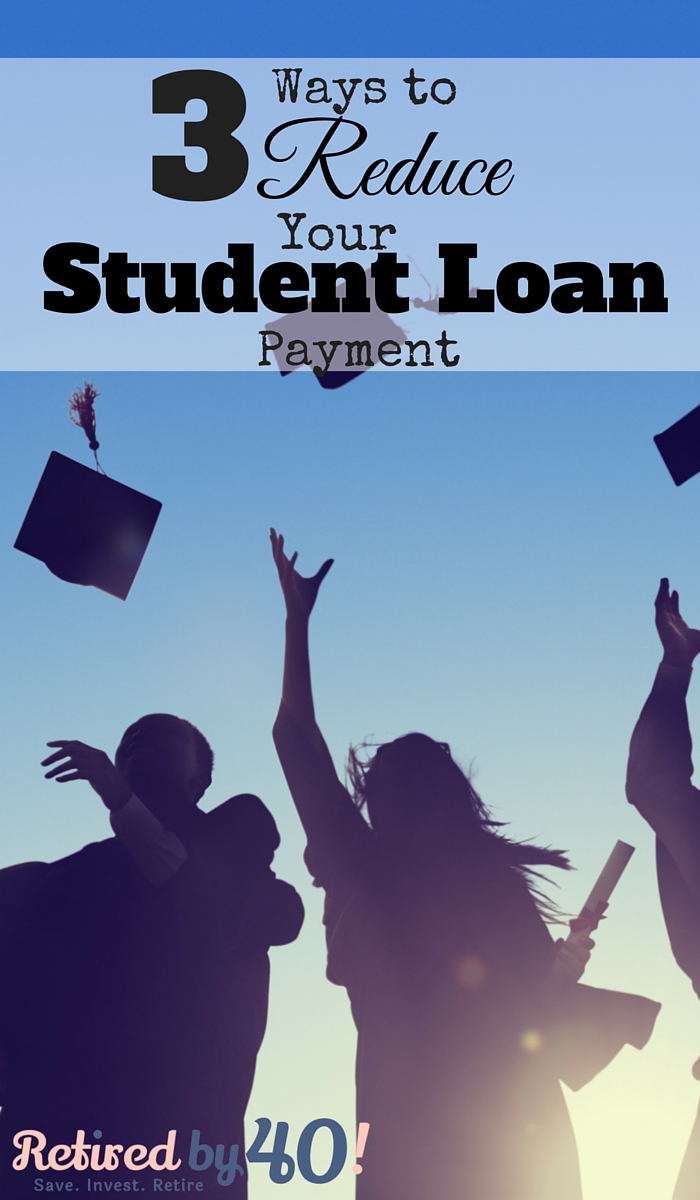
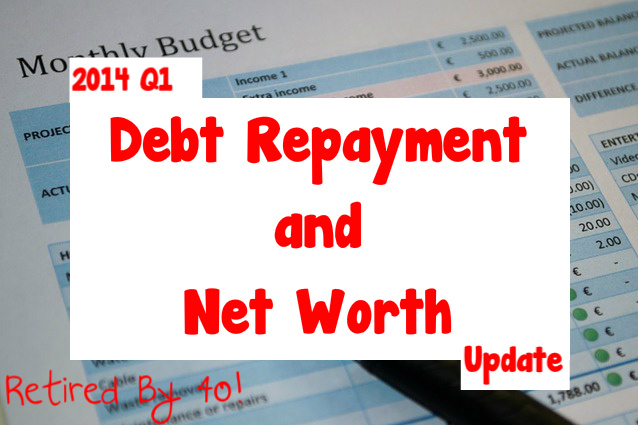
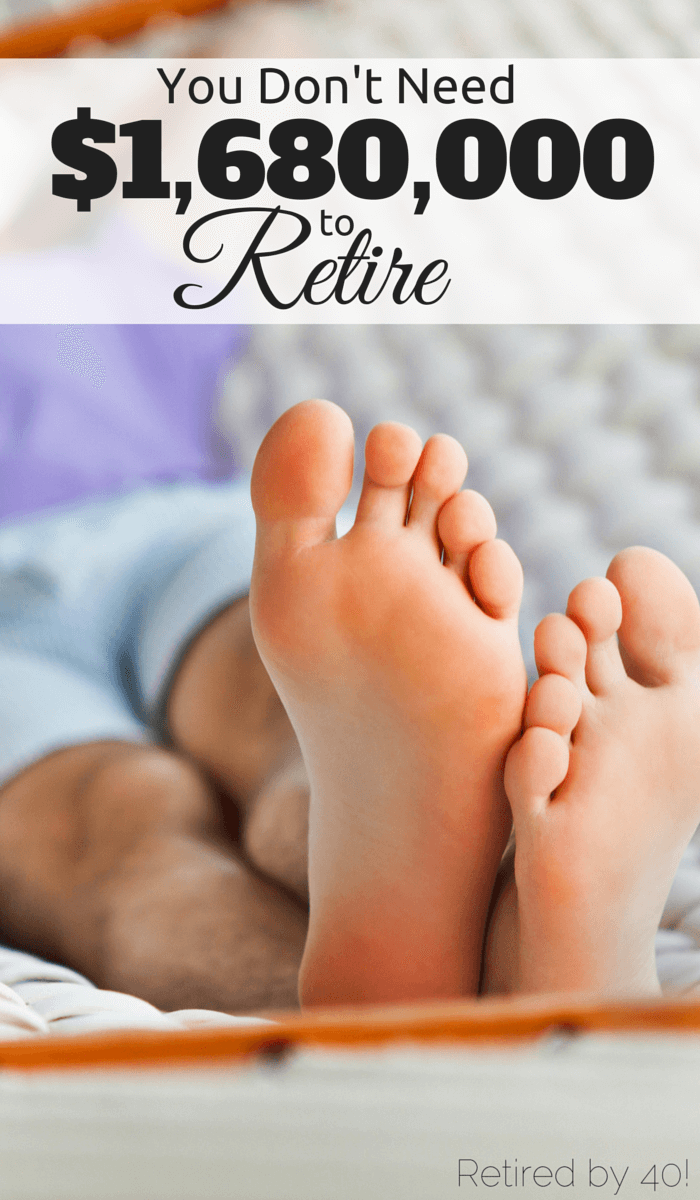



I would go with option #1. Like you said, it’s not much difference in interest saved, but the small wins of paying off debts are going to keep the momentum going. I would pay it all off, but I HATE debt! I’m so ready for all the interest to be paid to me, and NEVER pay interest again! Best wishes!
That’s definitely what I’m leaning towards! I can’t wait to not owe anyone anything!
Debt snowball it. We got out of debt by paying off the smallest loan first and then putting all of the money we were paying on the first loan onto the second loan. By the time you get to the third loan you have a lot of momentum behind you both mentally and financially.
I totally get the idea behind the debt snowball, but seeing as I’m a numbers person, we’re trying to save as much interest as possible! But is $79 really worth it, when we could pay off smaller debts first and get more satisfaction out of it?
After having been through it, yes, it’s worth the $79 to get the traction. You can play with the numbers all you want, but until you change the behavior that drives what we actually do with our numbers then you won’t see changes. Getting to goals quickly encourages our innate sense of accomplishment and drives us to do more and better. I’d guess that you’d be pleasantly surprised by taking care of the small stuff first. We didn’t think we could even pull an extra $100/month out of our budget, but we were surprised that by focusing completely on our small goals to our big ones we were out of debt in 8 months! Then, we were on to our next set of goals, and we let ourselves try to tackle a few things at once. After a couple months of frustration we went back to being completely focused on one thing and we are finally seeing the results we knew we could achieve. I think you both will do great not matter what though, because you are working together and figuring it out.
I know it would be a hit, but that auto debt is so huge that it may make sense to sell at a loss and make it up in cash flow long term. You could get a great used Honda or Toyota minivan for $8k or so. Well taken care of it will last you until you are teaching the kids to drive!
I had kind of put off the whole “sell at a loss” idea, but it actually makes sense when you put it that way. The only problem we would have is covering the loss, but if it was a couple of thousand we could definitely swing it! Thanks for the advice!
Wow, those cars are killer. I always like to buy something used that runs extremely well because some people buy cheap and spend more on repairs than they would just buying something nicer. Any debt payoff is great. I hate to tell people what to do as long as they are moving forward on debt. It really is your plan. I had a neighbor just lose his job and asked my advice on what he should do and I looked at his new mustang and I said….I think you know what to do. Most people know but hope someone will change their minds or help them keep something they could get rid of.
I think you missed out a key piece of information: what are the interest rates on these loans? Impossible to answer the question of whether you should pay it off or not without knowing how much the interest rate is – at least for someone who thinks like me haha.
The interest rates and the amount of debt are in part 2 :-) the link is in the introduction….lol. That warranted a completely separate post…..
Lots to think through! Thx for linking up to the Thoughtful Spot!
Thanks for stopping by!
I’m a sucker for wanting to be debt free but I could see why you’d want to save money instead. I would personally pay off all of the debt but that’s because I don’t like to carry debt on my shoulders.